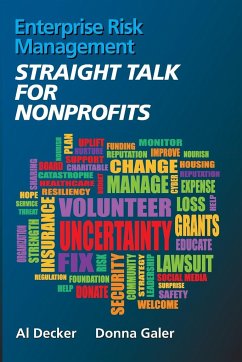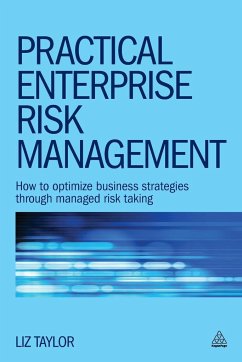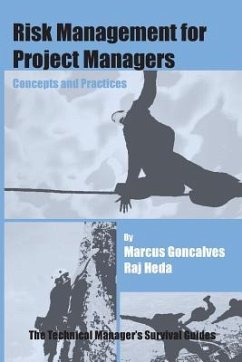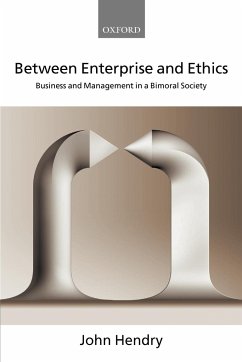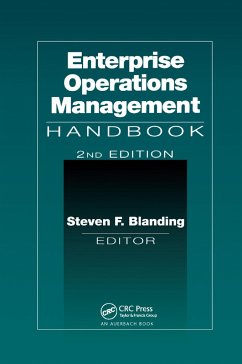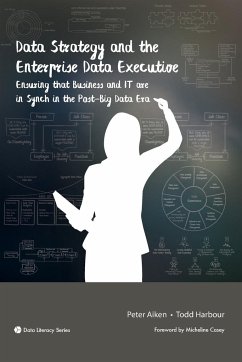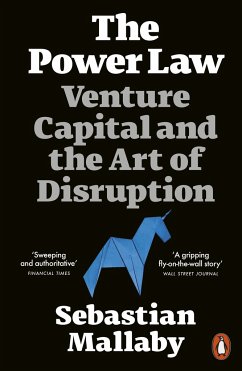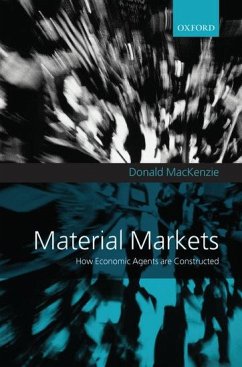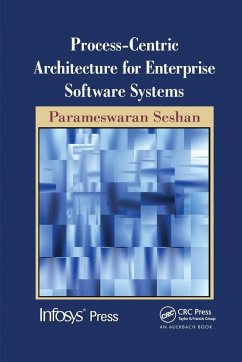Nicht lieferbar
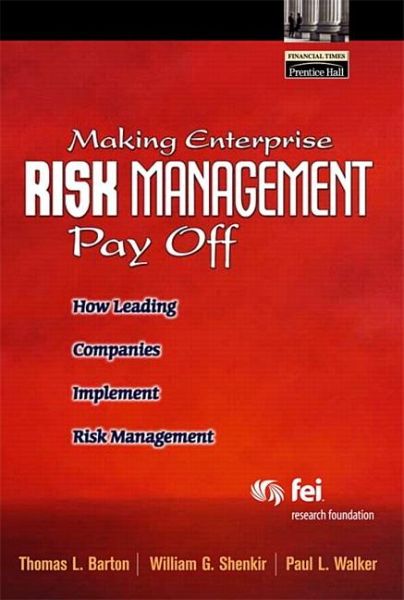
Making Enterprise Risk Management Pay Off
How Leading Companies Implement Risk Management
Versandkostenfrei!
Nicht lieferbar
This book presents a non-quantitative, highly accessible, case-study approach to enterprise risk management. Designed for every financial professional, it offers unprecedented insight into the processes and strategies that have proven successful at the world's leading companies. KEY TOPICS:The authors introduce the field of enterprise risk management, offer a concise overview of the contemporary techniques involved, and analyze and synthesize the key lessons that can be learned from the experiences of leading global companies. Next, they present five in-depth case studies that cut across a wid...
This book presents a non-quantitative, highly accessible, case-study approach to enterprise risk management. Designed for every financial professional, it offers unprecedented insight into the processes and strategies that have proven successful at the world's leading companies. KEY TOPICS:The authors introduce the field of enterprise risk management, offer a concise overview of the contemporary techniques involved, and analyze and synthesize the key lessons that can be learned from the experiences of leading global companies. Next, they present five in-depth case studies that cut across a wide range of industries: Chase Manhattan in financial services, E.I. Dupont De Nemours & Co. in manufacturing, Microsoft in information technology, United Grain Growers, Ltd. in food, and Unocal in energy. Part of a new series of books sponsored by the Financial Executives Research Foundation, a nonprofit affiliate of Financial Executives International, the preeminent professional association for senior financial executives, representing 15,000 financial executives worldwide. The Research Foundation, established in 1944, funded the research and case studies in this book.MARKET:For every financial professional concerned with risk management.




